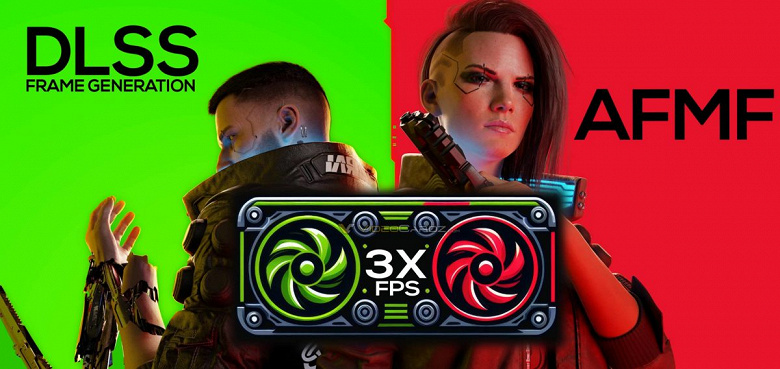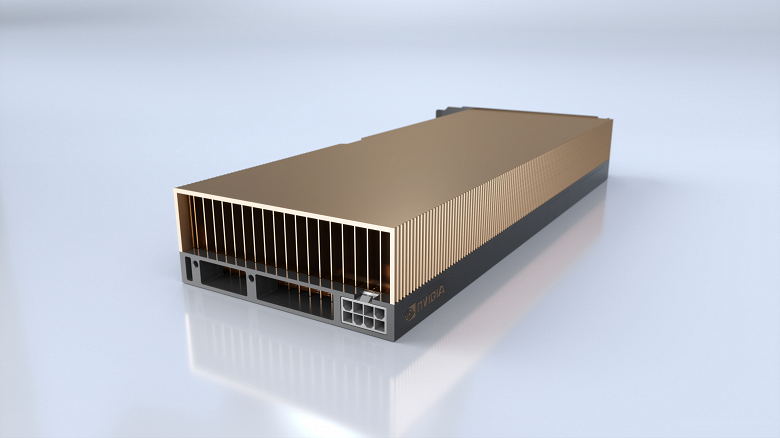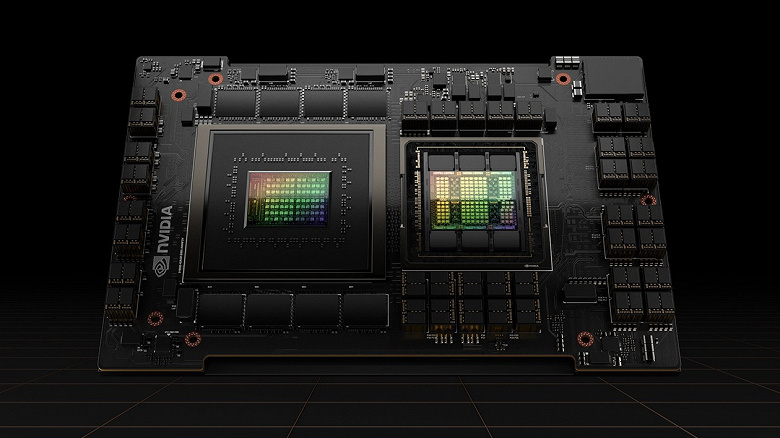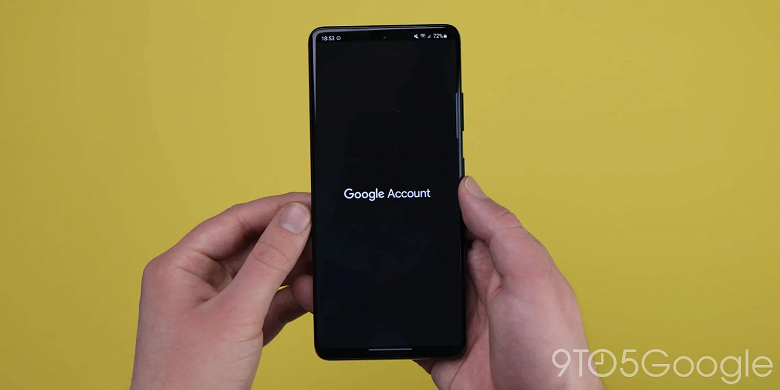Problems with approving Arm purchase from NVIDIA will arise not only in China, but also in the UK
The British press calls the developer of processor architectures Arm “a diamond in the country’s technological crown”, so the concern of representatives of the scientific and business community about the possible consequences of the deal with NVIDIA is understandable. British investment experts do not exclude that it is the UK that will oppose this deal at the state level.











